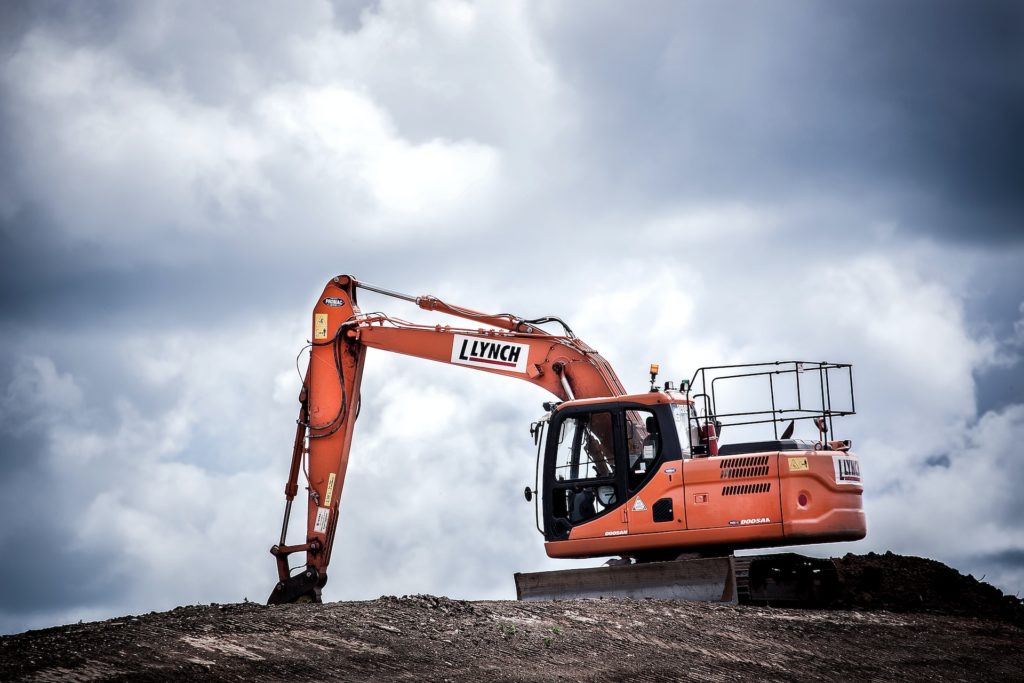Whether you are looking for a new career or just want to make some extra money, crane operation could be the right fit. But before you start this rewarding career, you will need proper training and certification.
Cranes are huge pieces of machinery that can cause serious damage if not handled properly. Taking an overhead crane safety course will help prevent injuries to workers and damage to equipment.
Safety First
When operating a crane, it is important to always have safety as the first priority. Crane accidents can be devastating and often result in death. In addition to fatalities, crane accidents can also cause significant property damage.
There are many ways to improve crane safety. One way is to ensure that employees who operate the equipment are properly trained by professionals. This training will provide them with a deeper understanding of how the crane works, including any unique hazards that may exist on a particular jobsite.
Maintenance
During cranes training, crane operators will learn to spot potential problems with their equipment before the problem becomes a catastrophe. For example, they will learn that it is critical to check wire ropes for signs of stress or wear. It is also important to inspect sheaves for any signs of damage or bending. It is also necessary to make sure that the crane has proper rigging, and that a lift director is present when operating a crane near power lines.
Safety planning is a big part of the job and starts long before the crane arrives on site. The safety plan will determine which crane to use and what its capabilities are, taking into account its load capacity and any restrictions such as overhead power lines or other obstacles.

Regulatory Requirements
All cranes must be operated by qualified, certified professionals. The most popular way to become a certified crane operator is by completing one of the four-week or eight-week courses offered by training companies like West Coast Training. These course will teach you everything you need to know about operating the equipment.
ACCSH public comments indicate that there is little evidence to support a requirement for certification by crane type and capacity, particularly given the fact that the responsibilities of crane operations differ significantly between different models and that employers are in a better position than certifying agencies to evaluate an employee’s ability to operate a specific crane on a construction site.
Job Security
Inexperienced or improperly trained crane operators are a liability to the company, themselves and everyone else on the jobsite. If they make a mistake that causes injury or property damage, the company could face major fines and legal action.
Crane training also covers how to conduct regular inspections. Instructors will show students how to look for signs of wear and tear, and document that information correctly so that records can be kept on file.

